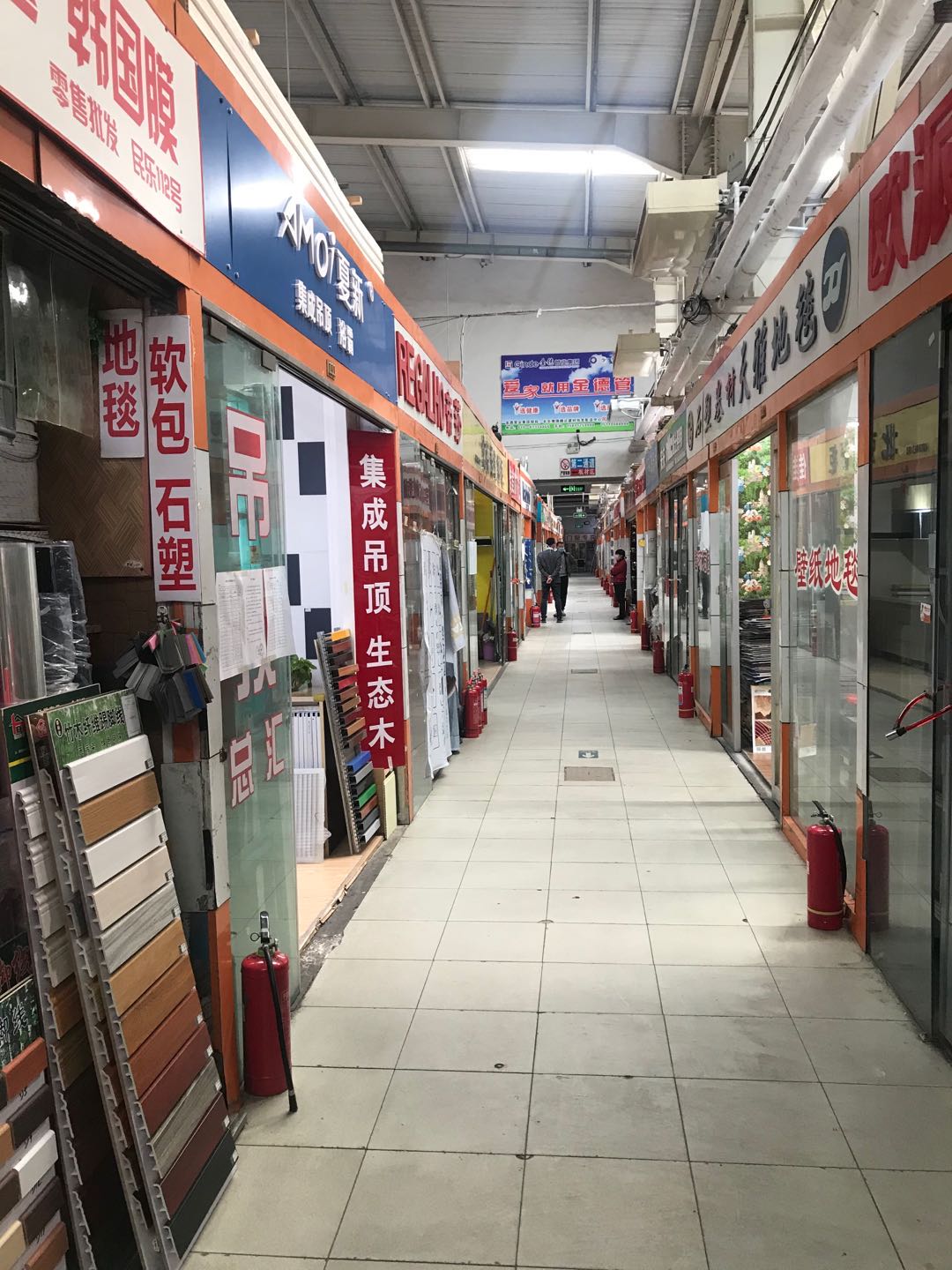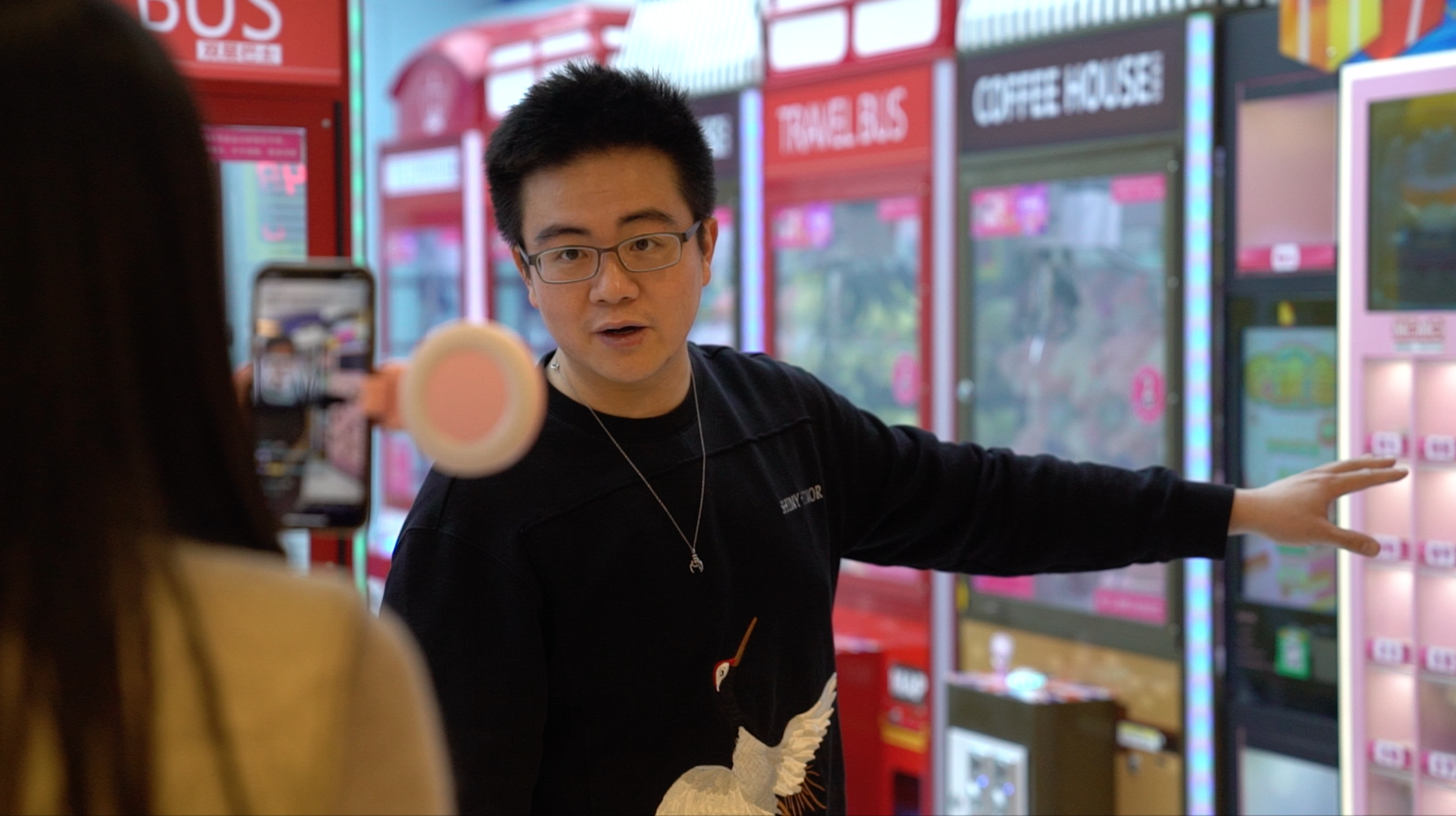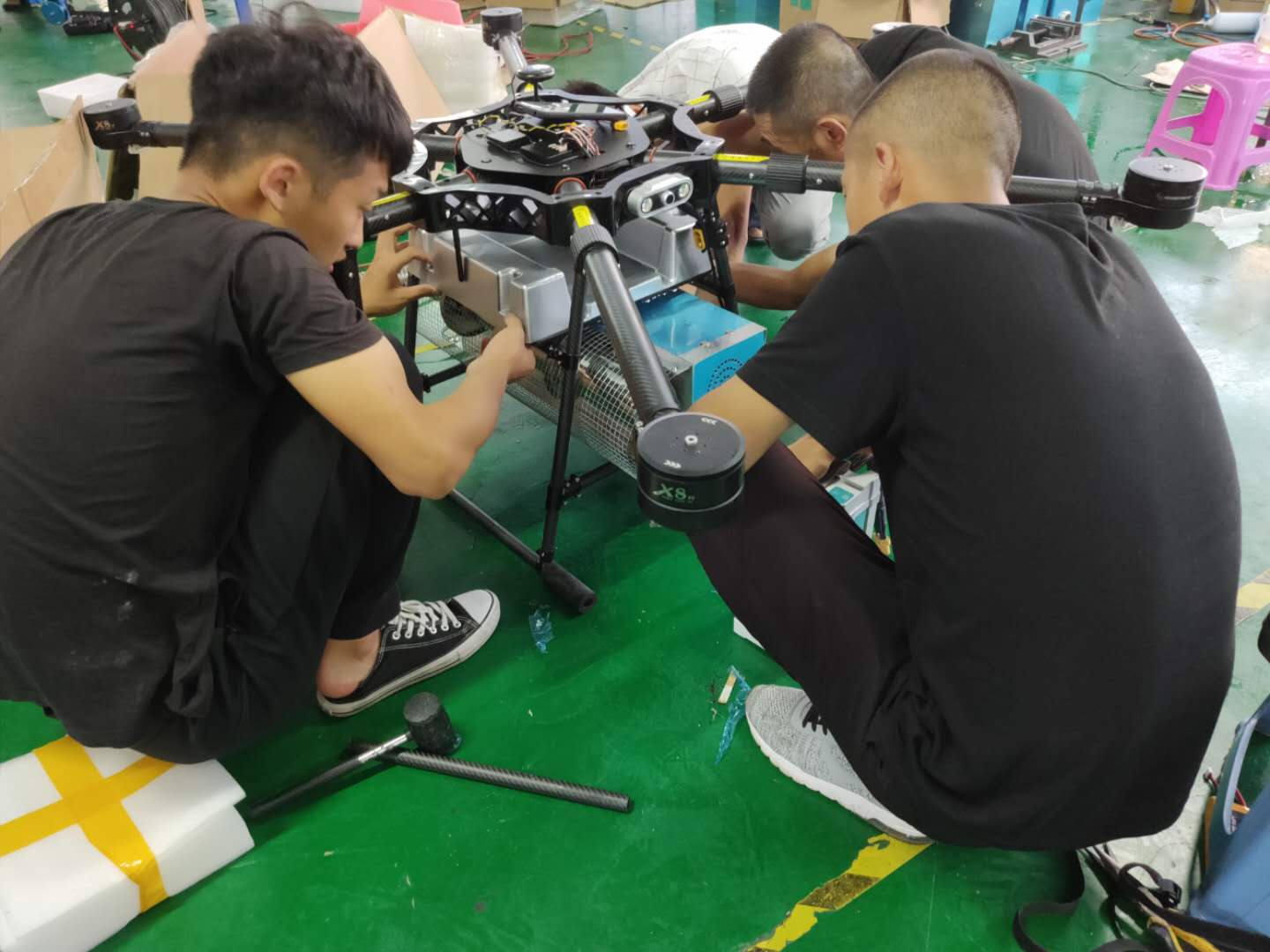Small businesses in Beijing seek to adapt amid coronavirus
Startups and self-employed business owners are searching for ways to minimize the impact from the COVID-19 outbreak as they anticipate a slow recovery in the country's economic activities.
Wang Mingxing has been running a brick-and-mortar store selling construction and decoration materials at the Minle Building Material Market in Beijing's Chaoyang district since 2013.
At the best of times, Wang said she had so many customers that she often had to skip lunch. Due to the COVID-19 outbreak, however, she now seldom goes to the store, though the market has been allowed to open since March 5.
"There is no customer anyway!" She said. "Those regular customers said they would purchase materials only after work begins at their construction sites, in April — maybe."

While continuing to pay rent for the second quarter, Wang said she could do nothing for her business but wait for the work resumption of the construction industry, and see how the rent-free policy will be implemented at the market.
Two months have passed since social distancing began in China amid the COVID-19 outbreak. While people are stuck at homes, startups and self-employed business owners have been in even more of a limbo nationwide.
Many startups in Beijing are facing a cash crunch and struggling to deal with rigid expenditure on rent, wages, and loan interests amid the outbreak. Nevertheless, some are figuring out ways to minimize the impact through diversifying sales models and going online, while others are keeping up confidence in their business prospects.
The virus 'makes me stronger'
Entrepreneur Mo Jiaxuan recently livestreamed on WeChat for the second time from his company MOMO Fun Star in Chaoyang, showing off his skills with a claw machine and promoting his company's originally designed products. Over the two-hour show, he clawed and grabbed toys and held a contest with his assistant to more than 1,700 online audiences.
Mo said he had set a goal to attract 500 viewers, so he was quite satisfied with the result. The owner of 18 claw machine arcades had never imagined his business, which is all about in-person experience, would need to go digital. It had been thriving four years after its launch, and Mo said he had plans to open more franchises.

"Everything was messed up after the Spring Festival holiday," Mo said. "During the whole February, I did nothing but negotiate with owners of shopping malls about rents on one hand, and learn how to livestream my business on the other."
Mo had been innovating. He moved the game onto WeChat and let fans use their phones to play on live claw machines. They would receive their prizes through delivery, which included dolls, disinfection products, and even fresh fruits.
Still, there has been no income from his 18 arcades. Mo published a long article titled "My company may not survive" on the official WeChat account of MOMO Fun Star in mid-February, sharing with fans his difficulties and experience in running his business, while promoting top-up cards at discounted prices.
It didn't bring in much cash, but Mo received a few helping hands, including an investor expressing interest in funding his company. Alipay, China's leading third-party online payment service provider, offered a small loan and helped him to promote the online claw machine game on its own platform.
Mo said he was very grateful for such support. "The epidemic is indeed a crisis for startups like mine, but I'm calm now, not as terrified as I was four years ago when I started my business from scratch," Mo said, adding that he believes the epidemic would bring opportunities for enterprises which are open to new ideas.
As his peers bet on a recovery of brick-and-mortar stores in the second quarter, Mo said he is actually preparing for the worst. "What if there would be no brick-and-mortar stores any more after the epidemic? A successful enterprise needs to be 'anti-fragile' to various stressors. I wish my company to be like ping pong, which would bounce off the ground after falling, rather than like a glass, which would be broken while falling to the ground."
The 30-something has been aiming high for his business — turning his business into a brand like MacDonald's and 7-Eleven. He said he could be operating a new retail business that one can get various products through a claw machine game, both online and offline, in an entertaining way.
"The epidemic pushes entrepreneurs to the crossroads, and I choose to move on with new ideas," Mo said. "That which does not kill me makes me stronger."
Tech-driven: The virus doesn't kill dreams
Although the epidemic has cast a shadow over the retail and leisure sectors, tech-driven startups are comparatively less affected as industrial production began to pick up in March.
"We estimated that COVID-19 would have little impact on our company, on the condition that it be contained before May," said Li Shaobin, co-founder and CTO of Beijing VKE Technology. Established in 2016, the company develops intelligent UAV control systems to be applied in various fields like agriculture and logistics.

In spite of rising logistic costs, disrupted supply chains have hampered production to a great extent, Li said. "The biggest help for us now is the country's efforts to guarantee the orderly resumption of work and production in all fields."
Beijing VKE Technology won recognition as a National High-tech Enterprise at the end of 2019, and could now enjoy more preferential policies in Beijing. Li said this would help his company with a better cash flow and ensure its normal operations.
At present, the startup is cooperating with a company based in Anhui province to work out an overall solution for epidemic prevention and control, including UAV patrol, disinfection, and data processing.
The company also plans to jointly develop a multifunctional drone that could conduct patrol, infrared temperature measurement in the air, facial recognition, and broadcast messages.
The epidemic might slow this year's sales growth, but it would not kill his original aspiration to start this business, Li said.
Seeing drones being widely used to combat the spread of the coronavirus all over the world, Li said he believes this sunrise industry would return to robust growth, and his company would take a share from the promising market.

